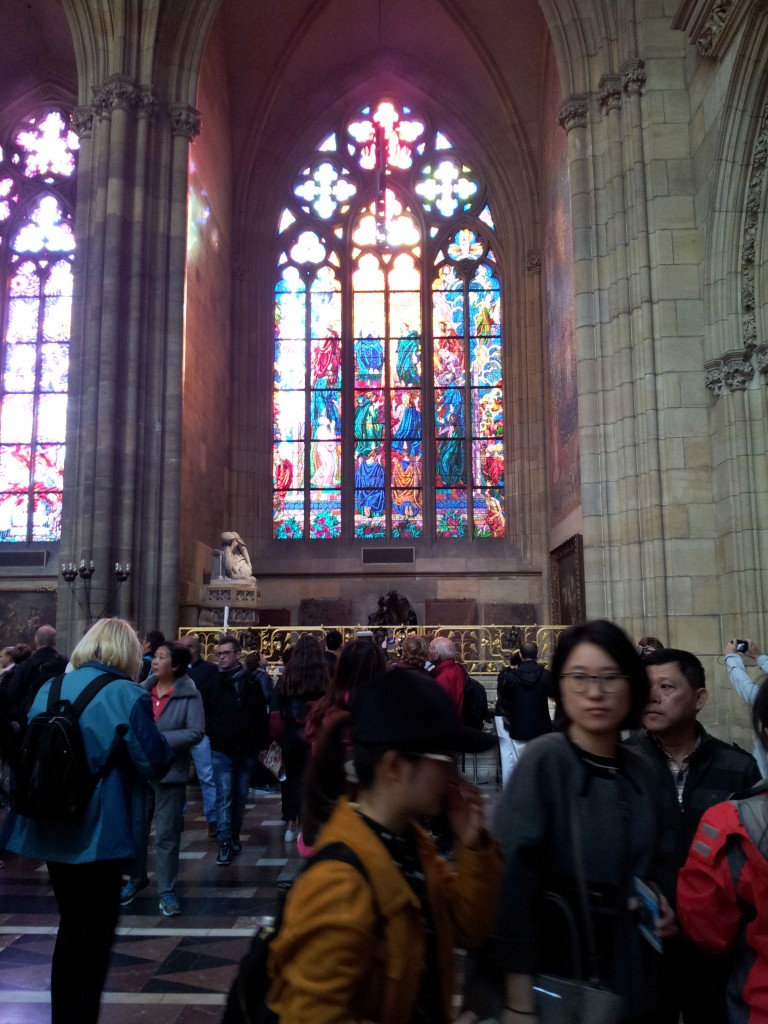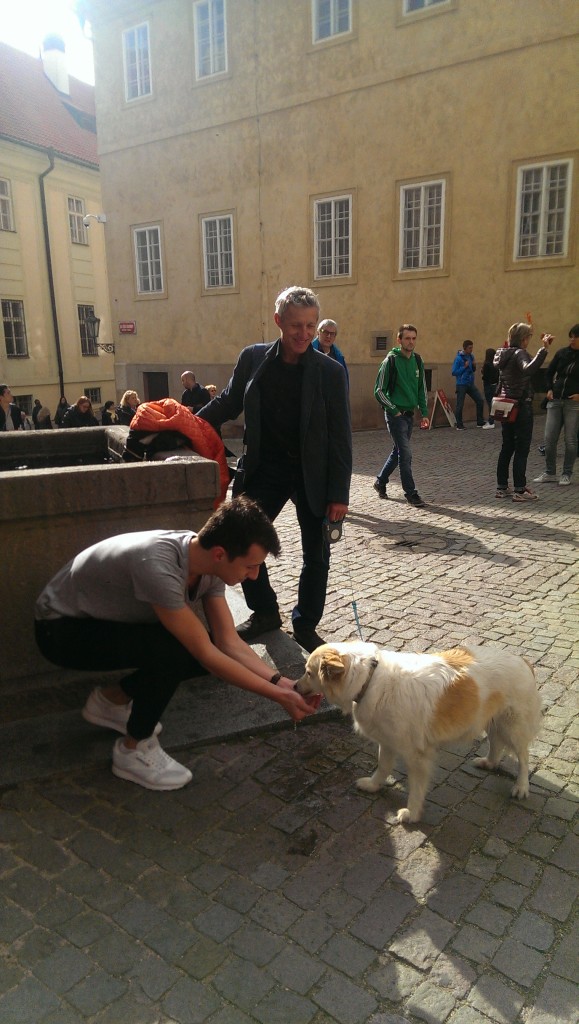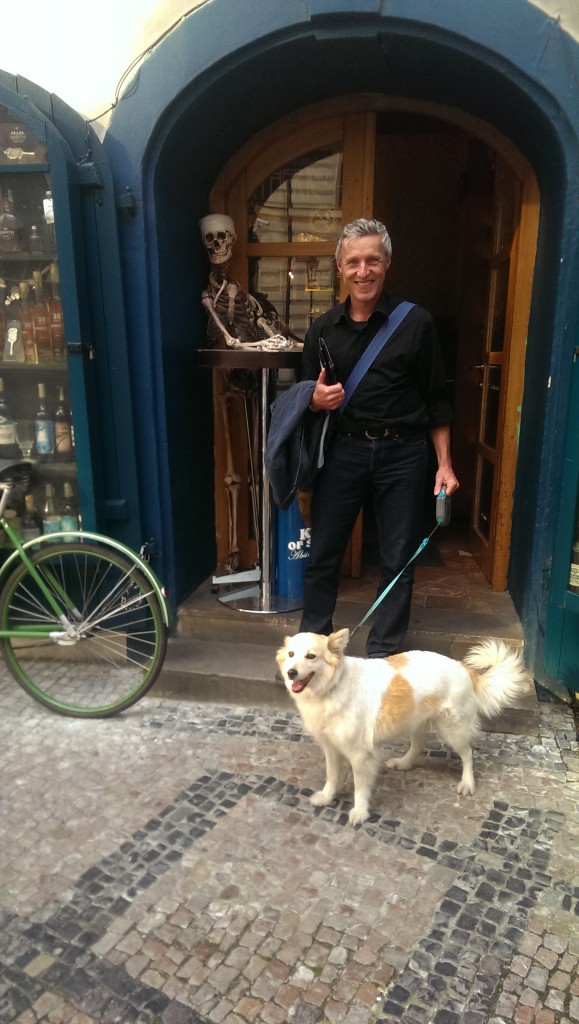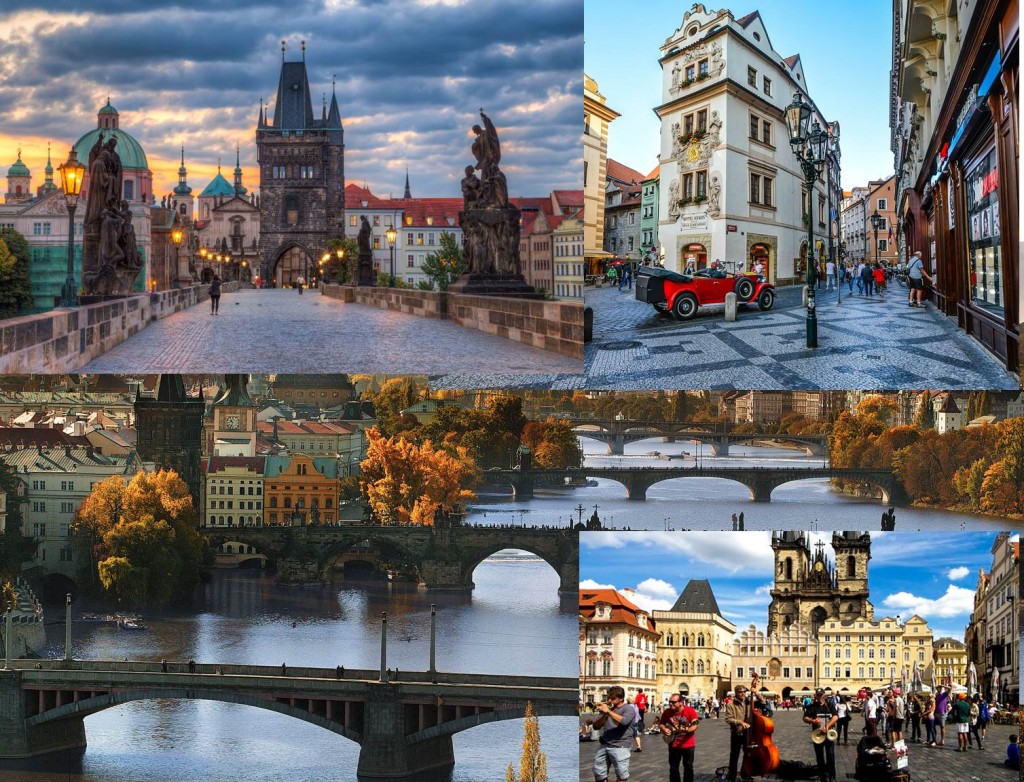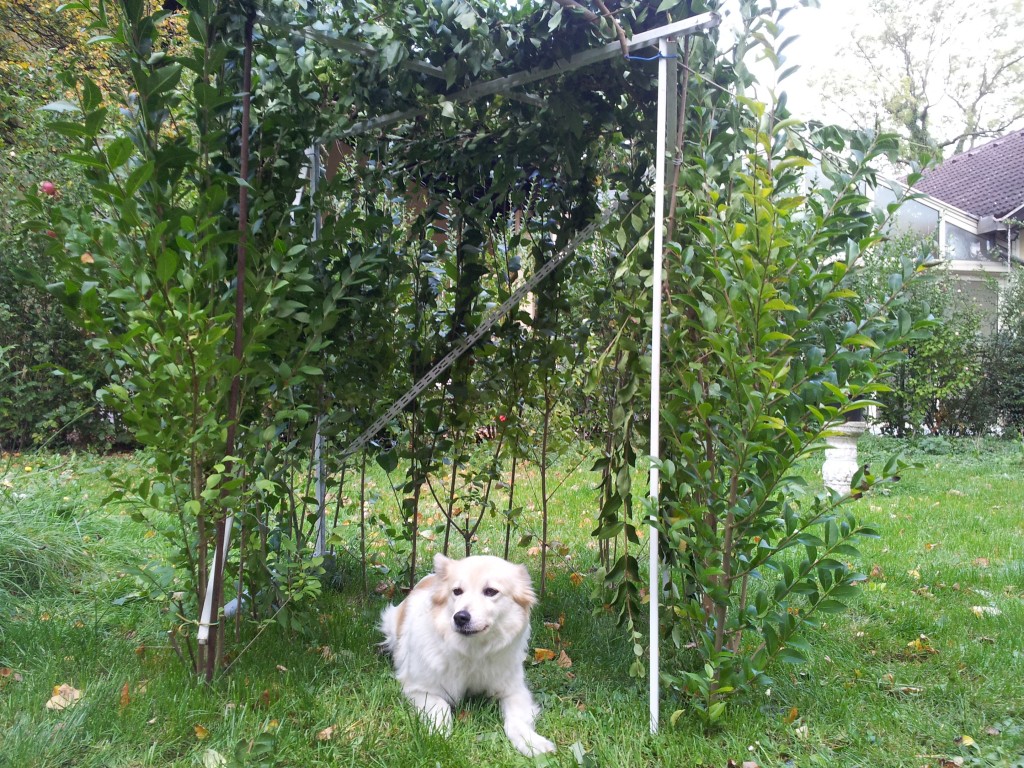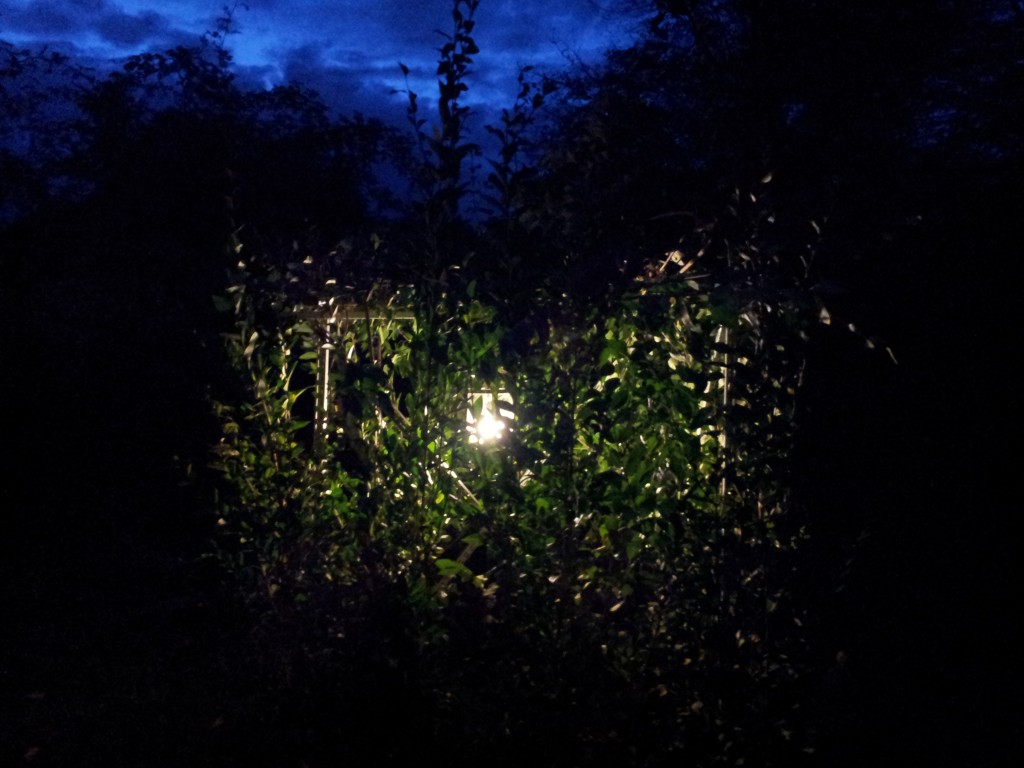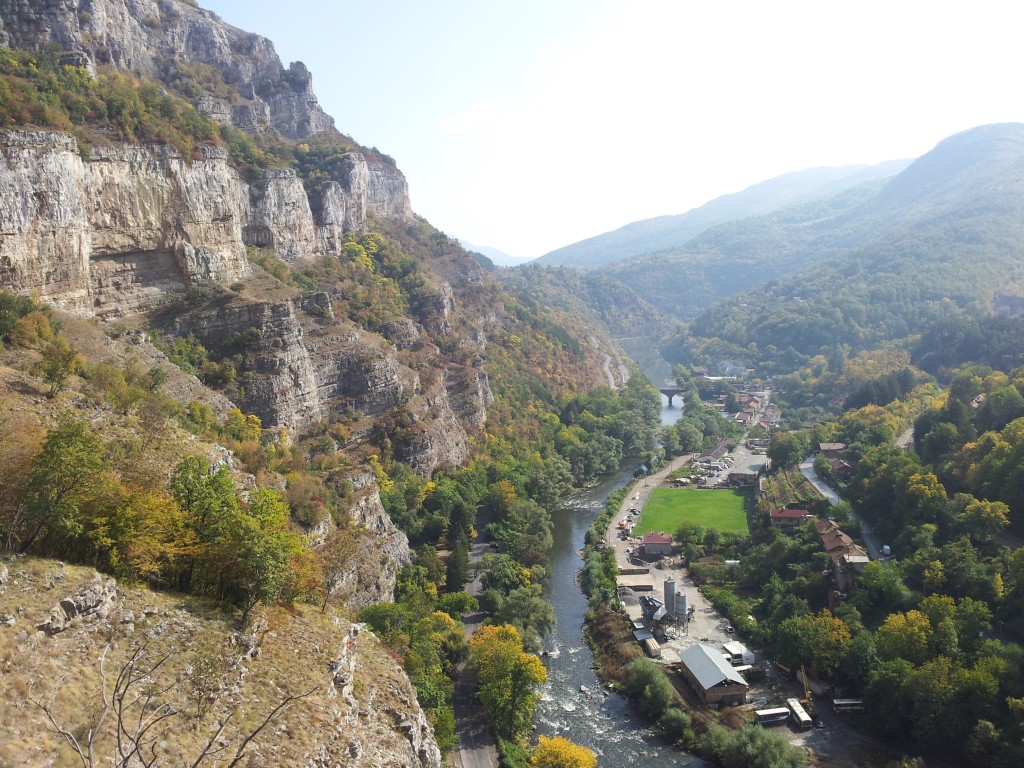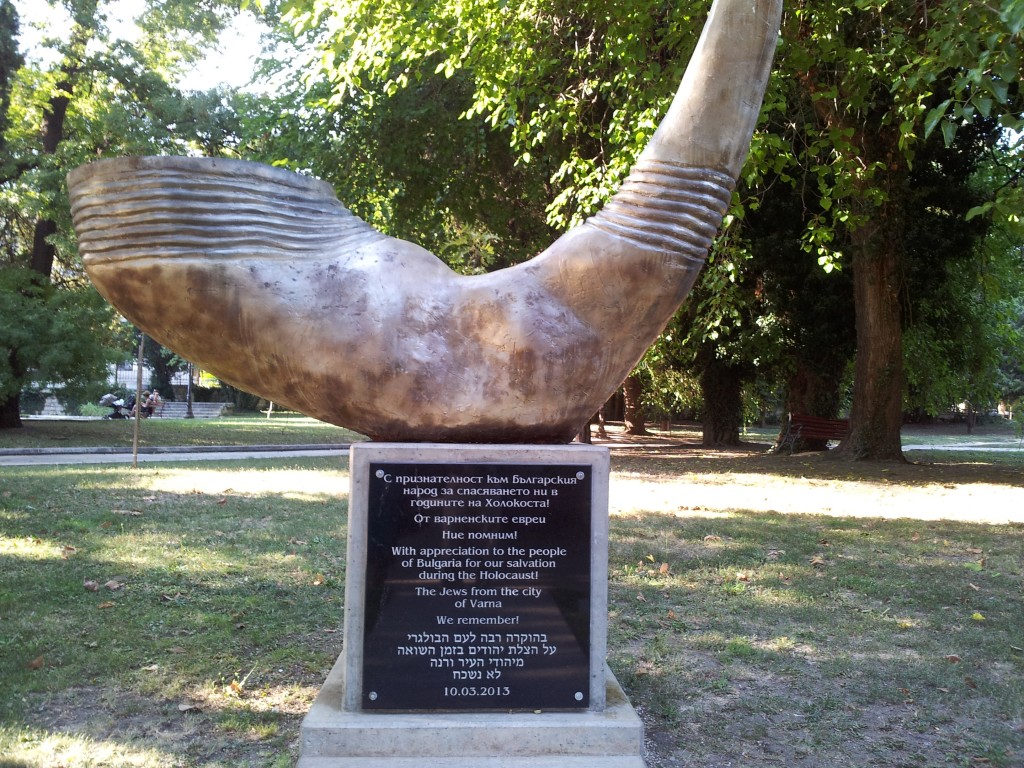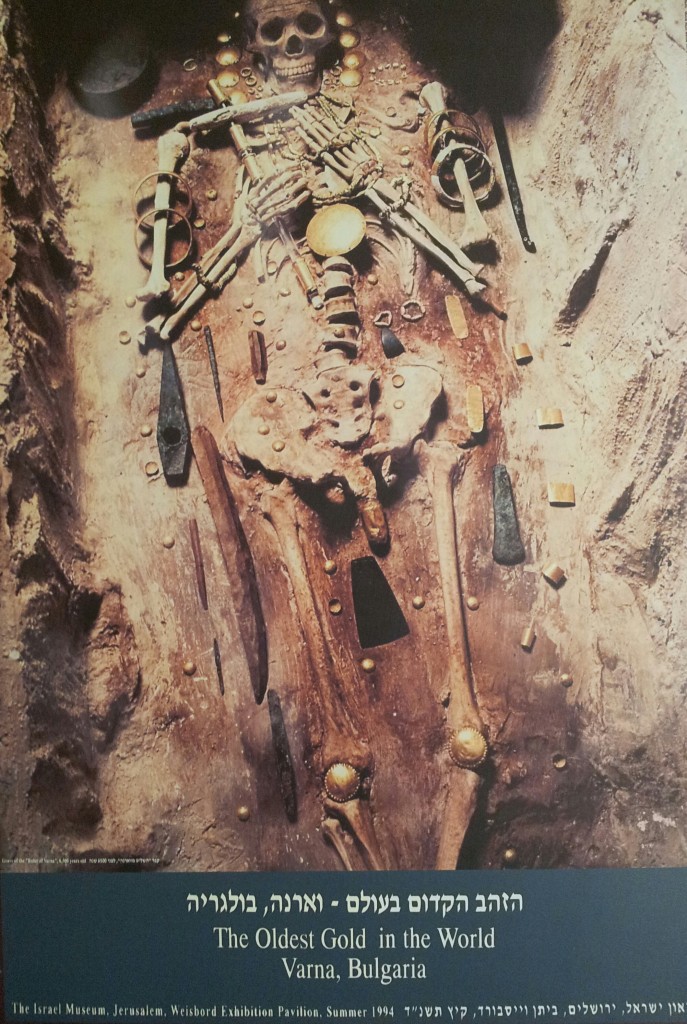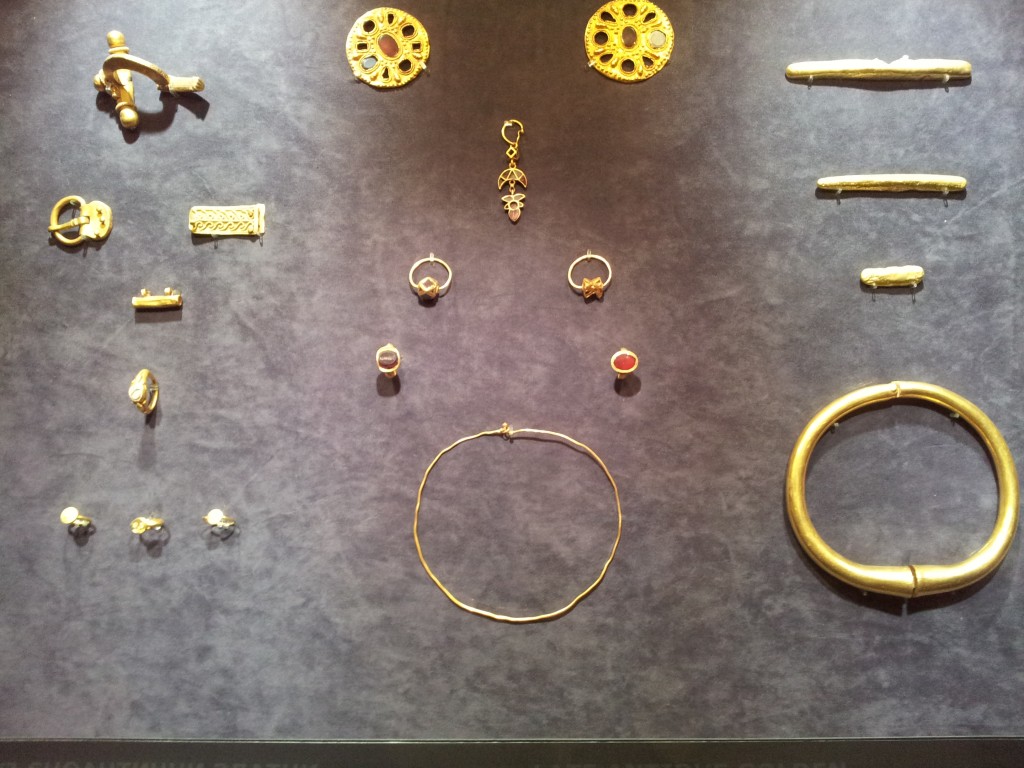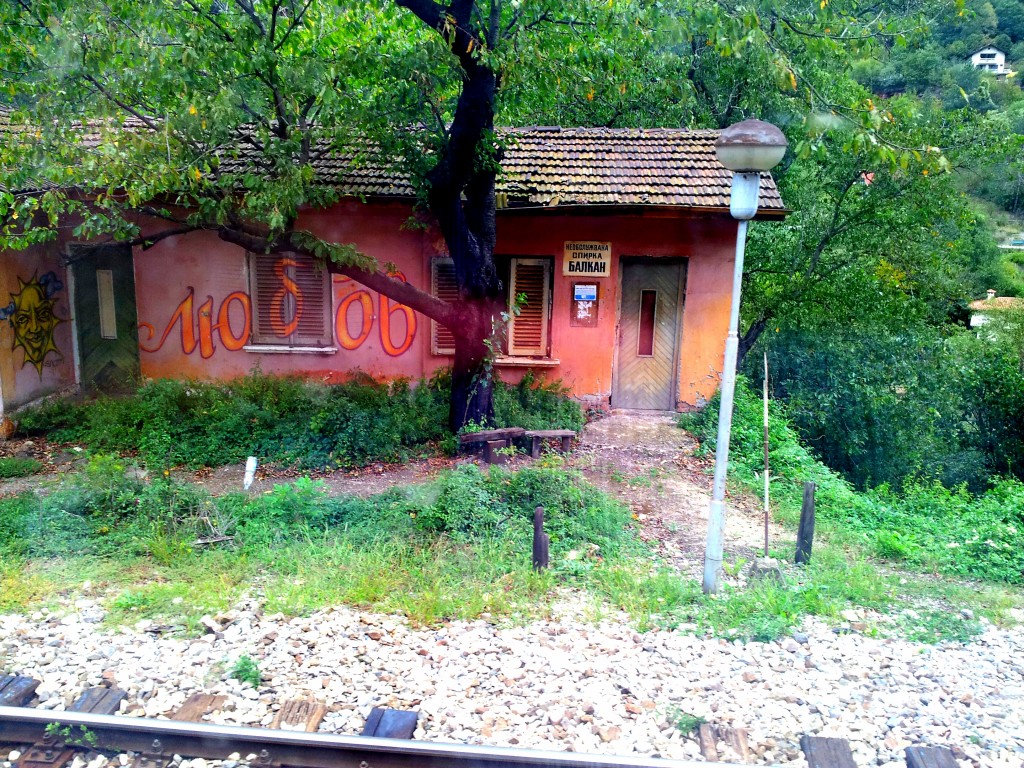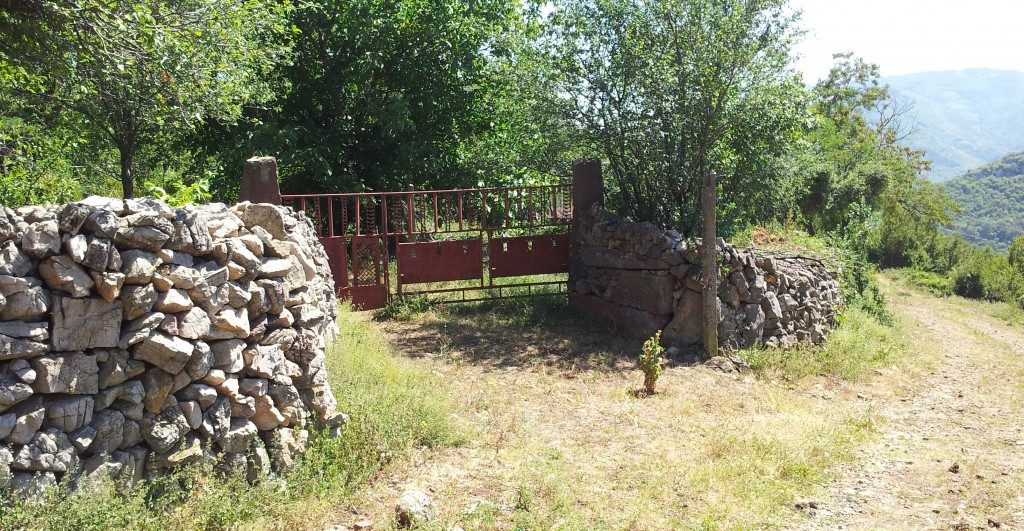The term Philosophy – as we have all learned once in school – simply means “love of wisdom” (from the greek term φιλοσοφία). But wisdom is of course generated by people, and mostly it is also represented by living people. I don’t want to argue again with some religious hypocrites which come up with the idea that there is something like a “devine wisdom”. There is no such a think, and wisdom only developed from the first human beings when they understood that by approaching a deer against the direction of the blowing wind, chances are higher that the animal won’t recognice them.
Philosophy can be traced back at least to the 6th century BC in ancient Greek and probably much earlier than that in India or China. But at a certain point it becomes vague as what should be categorized as Philosophy.
And it took till 1998 when suddenly the modern society re-thought of this “love of wisdom”. In this year a user on the Livejournal blog invented the term Sapiosexual to describe not the love for wisdom, but the sexual attraction to a “wise” person.
In 2014 the dating site OKCupid made the term even more popular by including it on their list of sexual preferences, to give their users a more precise option when searching for a partner.
People who self-identify as sapiosexuals, or those who say intelligence is the most important sexual trait, are having a moment. Critics of the movement say it’s at best pretentious and at worst discriminatory.[from Steven Blum, Broadly]
This reminds me of the TV serie “Masters of Sex” , where Dr. William Master, a medical researcher of rather unspectecular physical features, unwillingly attracts the attention of his enchanting lab technician Virginia Johnson. Despite working in a hospital environment with plenty of handsom, well-build and self-confident men, Ms. Johnson becomes hopelessly devoted to Dr. Masters, who lives mainly in his world of diagrams, statistics and weired instruments that shall kick out all mystics from human love.
But it is not the very subject of Bill Masters work, that made him so irresistable for Mrs. Johnson, but it is his very character. He could probably study the morphology of cactus thorns or the frequency of thunderstorms with the same devotion as he did his sex-studies, and still would attract some girl as Ms. Johnson. Sapiosexuality, as represented by her in this TV Serie, is perhaps a rather new classifier in the field of reseach because it is a non-exclusive term. This means that one can be highly attracted by an intelligent person, and at the same time be gay, hetero, lesbian, SM etc. But others aren’t so convinced and argue that being attracted to intelligence doesn’t qualifiy as a sexual orientation, and that by self-labeling as sapiosexual one is simply discriminating other person based on their class, educational record or their abilities.
Steven Blum writes in Broadly: Put simply, a sapiosexual is someone who finds intelligence to be the most important sexual trait— the kind of person who quotes Sylvia Plath in bed or, on the other end of the spectrum, argues about microeconomics on a first date. The term was allegedly coined by a top-hatted LiveJournal user named wolfieboy, “while on too little sleep driving up from SF in the summer of ’98.” But since its inclusion by OkCupid, the identity has gone mainstream: This past month, Merriam Webster announced it was debating whether or not to include it in the next edition of their dictionary. Meanwhile, a new dating app called Sapio would like to help you shoo away potential suitors who can’t quote Sartre on command.
It’s beautiful when you find someone that wants to undress your conscience and make love to your thoughts
Whatever the intention, though, the label has certainly stuck. On OKCupid, 9,000 users identify as sapiosexual. The sexual “identity” also boasts a Facebook page and numerous photos on Tumblr that seem to link sexual and intellectual pleasure — one image hashtagged “sapiosexual” shows a brain being fingerbanged; another depicts a man reading a book while doing it doggy style. Other users post quotes like, “It’s beautiful when you find someone that wants to undress your conscience and make love to your thoughts.”
Expanding the spectrum of sexual orientations to include sapiosexuality might make those who cream their pants while reading dissenting opinions from Ruth Bader Ginsberg or the latest N+1 feel affirmed, but desiring smart partners isn’t a unique or non-normative preference. According to Lora Adair, a professor of evolutionary psychology at Lyon College, men and women have always craved intelligence in mates, whether they go out of their way to identify as a sapiosexual or not.
“When it comes to identifying traits we perceive as ‘necessities’ when searching for long-term mates, men and women of varying sexual orientations tend to put intelligence and kindness above other sexually attractive attributes, such as physical attractiveness,” Adair said.
This is true across species, although in non-human animals, “intelligence,” or cognitive ability, is “measured morphologically,” she said.
“Take the male bowerbird, which constructs elaborate ‘homes’ adorned with brightly colored, scarce objects from their environments to attract ‘choosy’ females,” Adair said. “The ability to find these scarce objects, and protect against the theft or sabotage of other males may serve as indicators of cognitive ability, and overall genetic fitness.”
Adair believes the rise of sapiosexuality can at least partially be explained by the blurring of lines between “nerd culture” and the mainstream. “What were once fringe interests reserved for the stereotypically introverted, intellectual, ‘nerds’ of the world— comic books, characters, and comic-inspired films and TV shows, Sci-Fi and fantasy like The Star Trek reboots and Game of Thrones—are now essential features of 21st century American culture,” she says.
You’re not attracted to intelligence, you’re repulsed by disability !
But the identity has also provoked a backlash among those who see it as a way to discriminate against potential suitors based on ability and class. As one Tumblr user put it,“Sapiosexuality/romanticism is a bunch of ableist bullshit[.] You’re not attracted to intelligence[,] you’re repulsed by disability.”
Others see the label as limiting the conversation around intelligence. In a Buzzfeed quiz titled “Are You Actually A Sapiosexual,” one of the questions literally asks readers whether they’re “repulsed by the idea of having sex with someone who had never gone to college, or had no interest in higher education,” seemingly normalizing the idea that it’s okay to discriminate against those who don’t have college degrees or explicitly academic aspirations.
This is reductive for obvious classist reasons but also because intelligence comes in various forms; furthermore, discriminating against suitors because they didn’t spend four years accumulating debt isn’t an identity or a sexual orientation, it’s a limiting preference deserving of scrutiny.
The bias also doesn’t need to be codified because it is innate. At one point, intelligence was a quality that “helped our ancestors in their forging of social bonds and alliances, their abilities to forage for food, shelter and safety, as well as their abilities to use tools or solve problems in ancestral environments,” according to Adair, and it is something we still read as incurring short term benefits, like higher earning potential, and long term benefits, including more genetically “fit” offspring.
Taking this natural bias and making it your dating identity is superfluous. And, of course, it arguably makes you look like a pretentious asshat.
.
.
.
.
.
.


